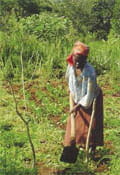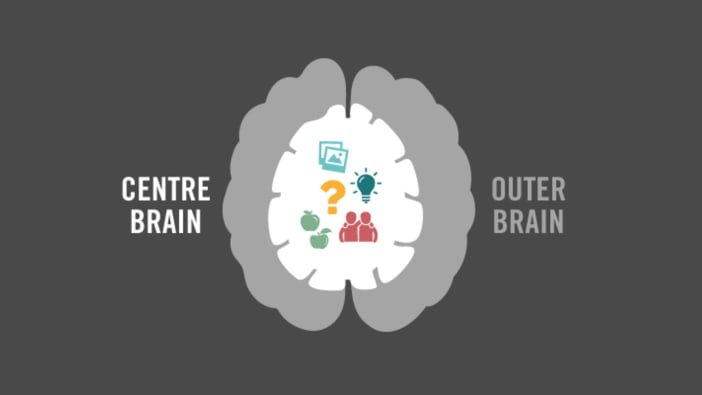Some of the challenges that we faced at the initial stage of setting up the Centre include:
Involving women
Cultural traditions restrict many women to looking after children at home, and they have little opportunity to obtain information. One of the roles for the women who are on the steering committee that manages the Centre is to explain to other women how they can benefit from the services offered and encourage them to participate.
Good communication
The capacity to repackage important information such as government plans, initiatives, projects and research findings, in a way that makes them accessible to the community may not be as easy as it sounds. The success of the Centre lies in its ability to ensure that the information it gives out can actually be used, especially by the local community. Special care must be taken when simplifying complicated information to ensure that the message is not changed. Technical information should be checked by experts where possible.
Community ownership
To ensure that it will be sustainable in the long term, Lukwanga Community Knowledge Centre must eventually be owned by the community itself. It is being set up with a plan that will see the community gradually taking control of it. It is therefore important that the benefits of the Centre to the community are appreciated by all. Because of poverty, many community members do not value reading and knowledge, as getting food is a higher priority. By showing videos on relevant topics, such as post-harvest handling of maize, the Centre has gained their attention and involvement. People appreciate the opportunity to watch a film at no cost, and they also receive valuable information. For the community to want to take responsibility for the Centre, members have to appreciate the value of sharing information and knowledge in community development.
Meeting the needs of users
It is very important to decide on the core service, which should be critical to the community and attract users, and then structure the other services around this. The challenge is that the priorities and the needs of the users vary and therefore it is hard to identify the most general need of the community. Conducting a community survey will help to identify their felt needs. Flexibility is important because people’s information needs change with time.
Forming partnerships
Working together with local government and NGOs will facilitate networking, provide new sources of information and help to mobilise users. The challenge of developing these partnerships is that most organisations are not interested in joining until they see the Centre is already operational and is fully utilised by the community. Participating in events organised by the other organisations is an opportunity to lobby them. If the Centre has programmes which fit with their objectives, they will also be more willing to participate.
Conclusion
There are many challenges to setting up a community knowledge centre. However, it is a worthwhile initiative, and with careful planning and by involving the community, most challenges can be overcome or turned into opportunities.
Esther Kabasiita Community Information Volunteer Environmental Alert, Wakiso, Uganda.
Email: [email protected] [email protected]








